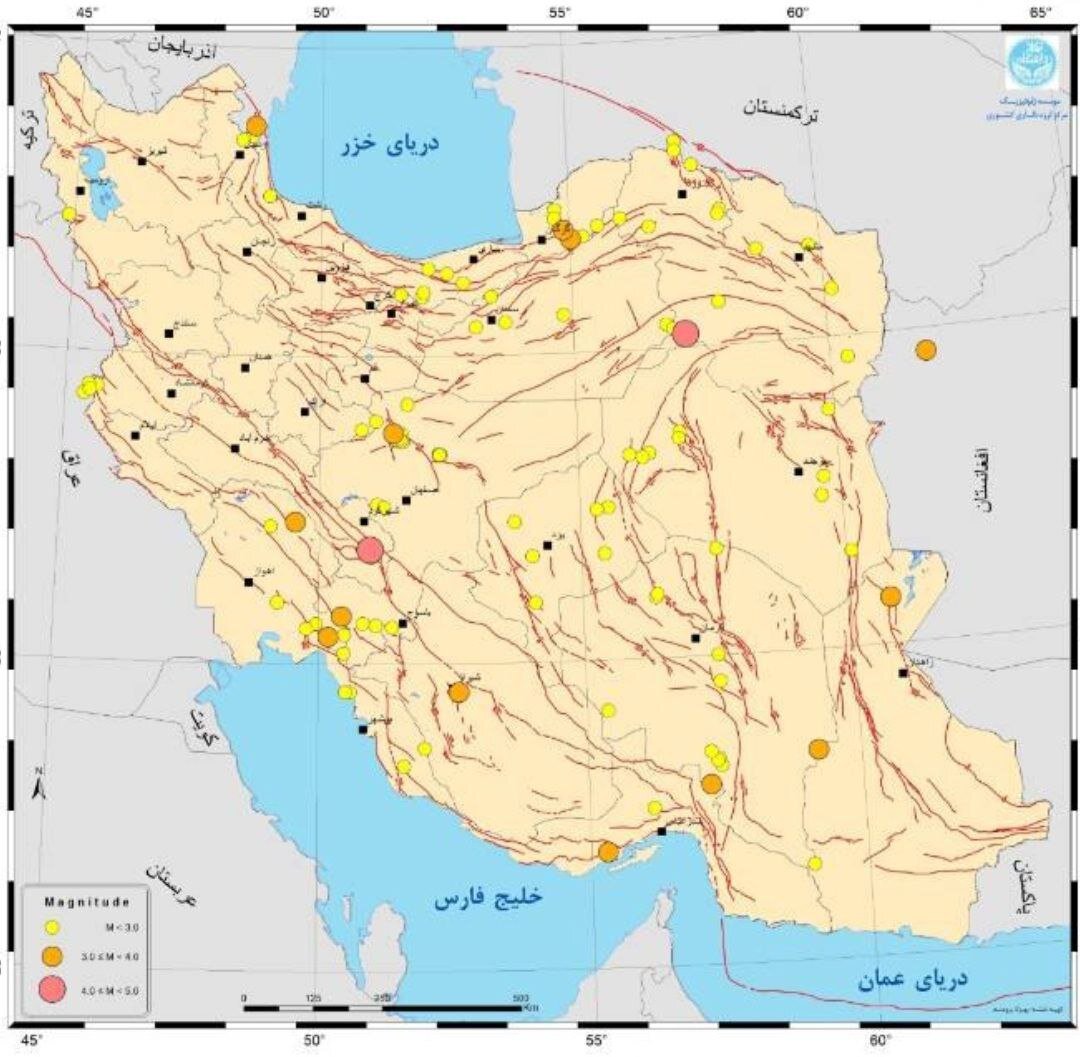
Similar Posts
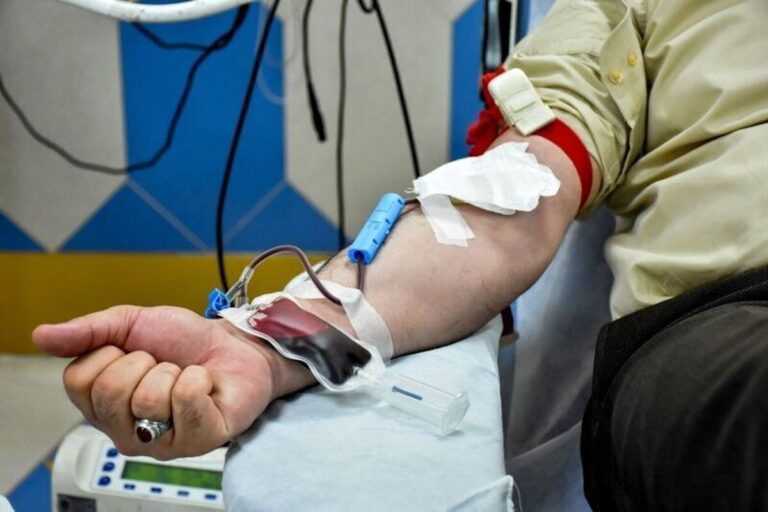
Iran Sees 2% Surge in Blood Donations Over 11 Months: A Heartfelt Response
Blood donation rates in Iran have risen by two percent since March 20, 2024, with 2,186,260 units donated this year, according to Bashir Haji-Beigi, spokesperson for the Blood Transfusion Organization. Notable increases occurred in Kohgiluyeh-Boyerahmad (over 23%), Sistan-Baluchestan (nearly 14%), and Alborz (around 9%). Tehran contributed about 17% of total donations, with 360,655 units in the past month. Despite this growth, women represent less than 5% of donors, highlighting a need for outreach. The World Health Organization praised Iran’s progress in blood management, emphasizing the importance of inclusive health initiatives.
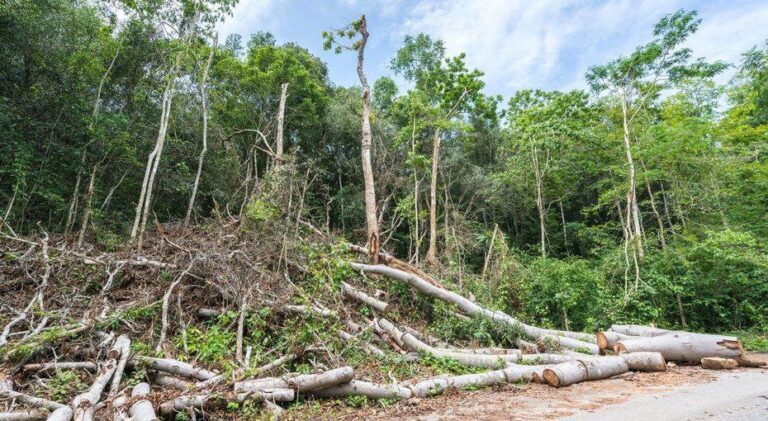
Habitat Loss: The Leading Driver Behind Species Population Decline, Warns DOE Official
Habitat loss, worsened by climate change, is driving wildlife population declines, according to Gholamreza Ebdali of Iran’s Department of Environment (DOE). Climate change has severely impacted aquatic ecosystems, prompting the DOE to implement conservation measures. Key efforts include combating illegal hunting, enhancing international cooperation, and developing action plans for endangered species. Currently, 128 species, including the Persian zebra and Asiatic cheetah, face extinction. The DOE has increased penalties for wildlife crimes and expanded ranger presence in protected areas. Workshops and international discussions aim to improve knowledge and strategies for species preservation, emphasizing the need for comprehensive conservation efforts.
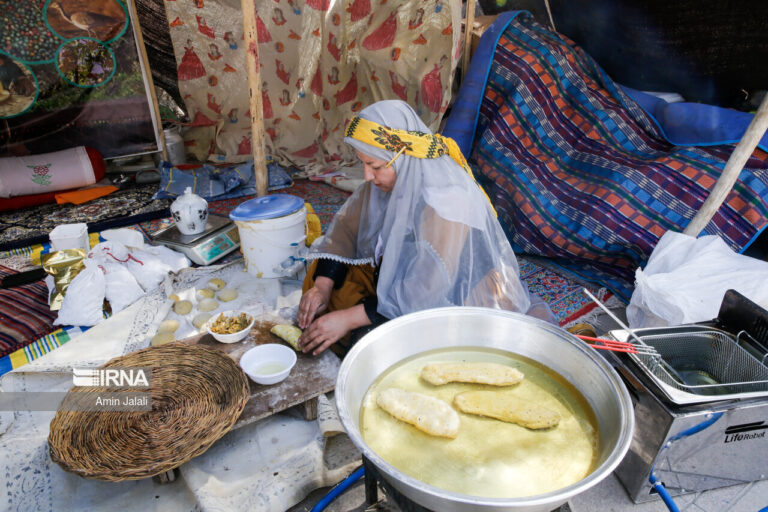
Village Administrations Launch 9,000 Exciting New Development Projects!
Iran is set to inaugurate 8,762 development projects by February 10, coinciding with the Ten-Day Fajr celebrations marking the 1979 Islamic Revolution. Road construction makes up 81% of these initiatives, which also include parks, cultural centers, and firefighting stations, aiming to improve urban and rural living conditions. Villagers and nomads, who make up about 25% of the population, significantly contribute to food production, cultural heritage, and tourism, accounting for over 90% of agricultural products. Their diverse roles underscore their importance in Iran’s economic and social development, highlighting a commitment to sustainable progress and community enhancement.
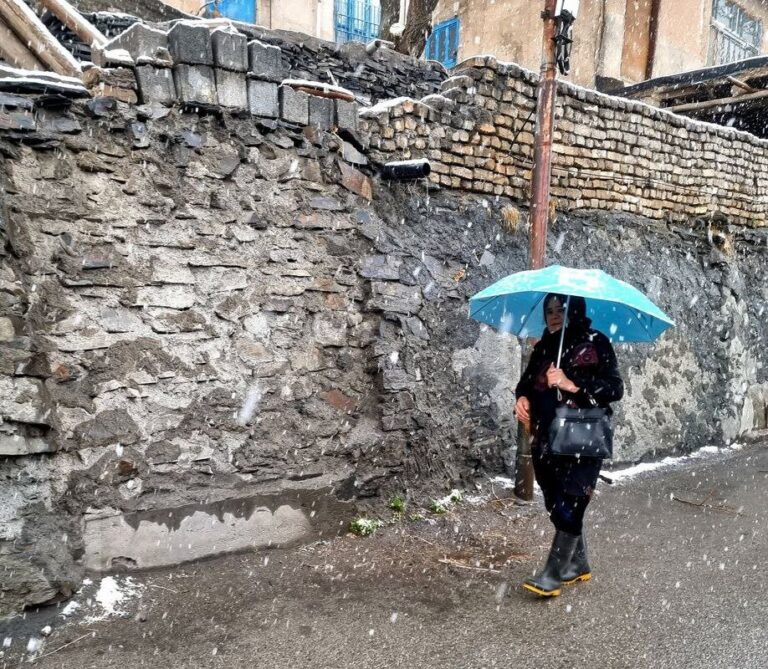
Significant 30% Decrease in Rainfall: A Dramatic Shift from Long-Term Averages
As of April 5, 2023, Iran has seen a significant decline in rainfall, with total precipitation of only 14.5 mm this spring, a 28.1% drop from the average. In the past week, just 3.9 mm of rain was recorded, marking a 49.9% decrease. The cumulative rainfall since the start of the water year on September 23, 2024, is 114.1 mm, 37.1% below average, raising concerns about water availability and agriculture. While Mazandaran reported increased rainfall, provinces like Hormozgan and Sistan-Baluchestan faced severe deficits. Experts warn that ongoing drought conditions may intensify water scarcity in the region.
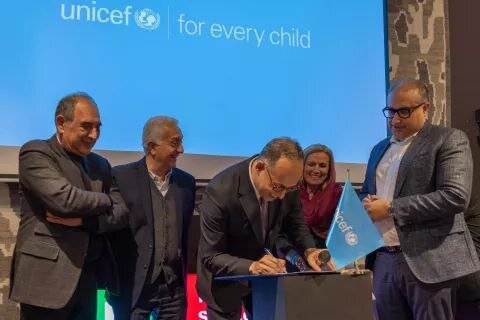
UNICEF and ISCC Join Forces to Empower Children: A New Era of Support
UNICEF has partnered with the Iran-Switzerland Chamber of Commerce (ISCC) for a three-year initiative to enhance the welfare of vulnerable children in Iran. The partnership, formalized on January 12, 2025, will focus on financial support, knowledge sharing, skill development, and nutritional assistance. UNICEF’s representative expressed optimism about the collaboration’s potential to improve children’s lives. Additionally, UNICEF has formed other partnerships, including a three-year agreement with the Book City Institute to promote reading and literacy, and with the Iran-Austria Joint Chamber of Commerce for financial mobilization. These initiatives highlight the growing role of businesses in supporting child welfare in Iran.
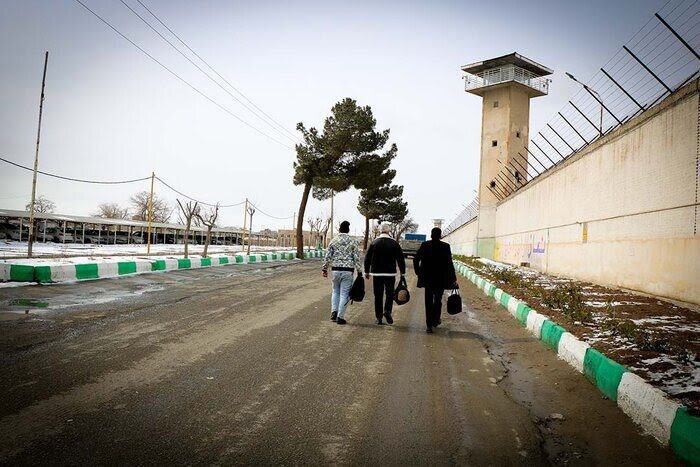
Officials Take Action: Advocating for the Release of Involuntary Crime Prisoners
Judiciary Chief Gholamhossein Mohseni-Ejei has donated 500 million rials to help release prisoners convicted of unintentional crimes, while Vice President Zahra Behrouz-Azar has secured 40 billion rials for 14 female prisoners. These initiatives coincide with Ramadan, during which officials prioritize fundraising for such causes. In the past nine months, 7,706 individuals have been released, including 424 women. Additional releases occurred on National Mother’s Day and Father’s Day, demonstrating a cultural commitment to compassion. The Blood Money Organization, established in 1990, aids in releasing prisoners burdened by debts from unintentional crimes, reflecting society’s dedication to rehabilitation.